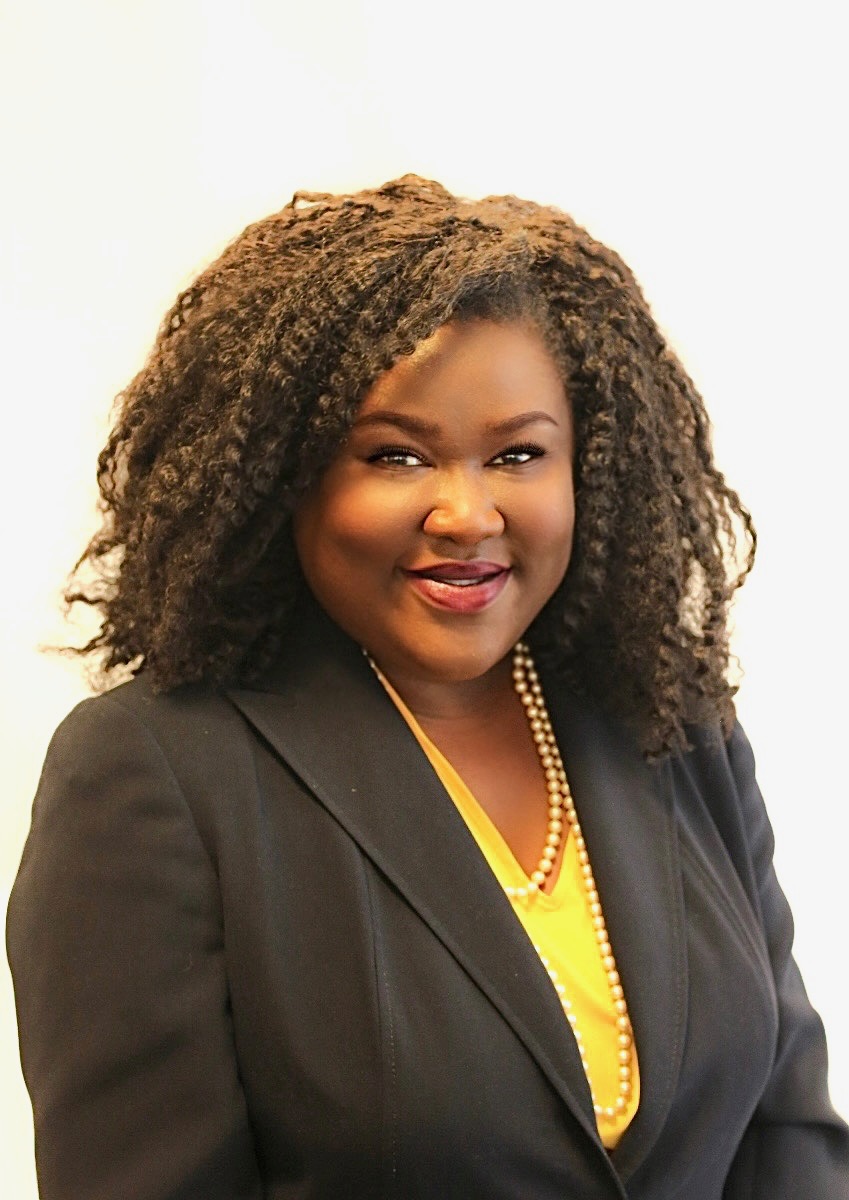Sheena Allen

MSU Degree(s):
B.A. in English, 2006
Other degrees:
J.D. (Juris Doctor), 2009, Cumberland School of Law, Samford
University
Most enjoyable experiences as an English major:
Because my mother was an English teacher and Black history buff, I developed a love of African American literature at an early age. Thankfully, I was able to continue exploring the subject in several classes at MSU. In fact, I took African American Lit twice, albeit from two different professors, and discovered what still is one of my favorite poems, "Dope," by Amiri Baraka, in American Lit.
Current Position:
Staff Attorney/Hearing Officer
Organization:
A federal agency
When you graduated with a degree in English from MSU, what were your plans for your future? Has your career path mostly realized those early plans, or have you discovered new plans and goals along the way?
I knew that I wanted to be a lawyer even before I enrolled at MSU. In fact, that career plan influenced my decision to major in English. Although my career path has been fairly linear, naturally I've learned more about the profession through my experiences, which has shaped my future plans to include goals I didn’t previously consider.
What is your current occupation, and what does your work mostly consist of?
Currently, I’m employed as a Staff Attorney/Hearing Officer for a government agency. My duties have consistently involved research and writing for various judges. More recently, I’ve started managing my own caseload, which includes holding conferences with parties, reviewing motions, issuing orders, and ultimately presiding over hearings.
Which skills that you learned as an English major do you use most in your job?
Undoubtedly, my English degree prepared me for my job because of the heavy focus on research and writing. In a nutshell, reading and writing is what I do, almost exclusively. Also, I'm certain my ability to not only accept constructive criticism about my work product but also exchange dialogue respectfully with the critic about that feedback stems from my time at MSU.
What additional skills did you need to learn in order to do your job, and how did you learn them?
A skill that I'm constantly honing is expressing myself plainly and persuasively. When tasked with researching a legal issue for which there is no clear precedent or "right" answer, I've had to learn how to support my positions when questioned and offer recommended courses of action for a judge to take. It's a delicate balance of engendering confidence in your work while also deferring where necessary.
Are there common misconceptions about your career field, which current English majors might share, that you have learned the truth about?
I believe a longstanding common misconception about lawyers is that we all spend our time constantly arguing with each other and objecting in court. Fortunately, my career has included some courtroom experience but there are lots of successful attorneys who’ve never argued a case before a jury. The point is, the legal field is not nearly as narrow as what television or movies might have you believe. And lots of us get along well, even if representing opposing parties.
In what ways does your career enrich your life and help you to achieve your personal as well as your professional goals?
My entire career has been devoted to public service, which gives me a sense of pride in what I do. Also, because of a decent work/life balance, I'm able to explore personal pursuits more easily while still making successful contributions at work.
What advice do you have for undergraduate English majors right now who might want to follow the career path you did?
My advice is to enjoy college. Keeping your grades up is important of course, but there's no pre-law curriculum written in stone you must follow. Foster genuine relationships with people who are already where you want to be, ask questions, be an intern for a lawyer, visit a law schoolyou're considering, and perhaps most importantly, determine whether the cost of law school is worth the investment for you.
Updated November 2021